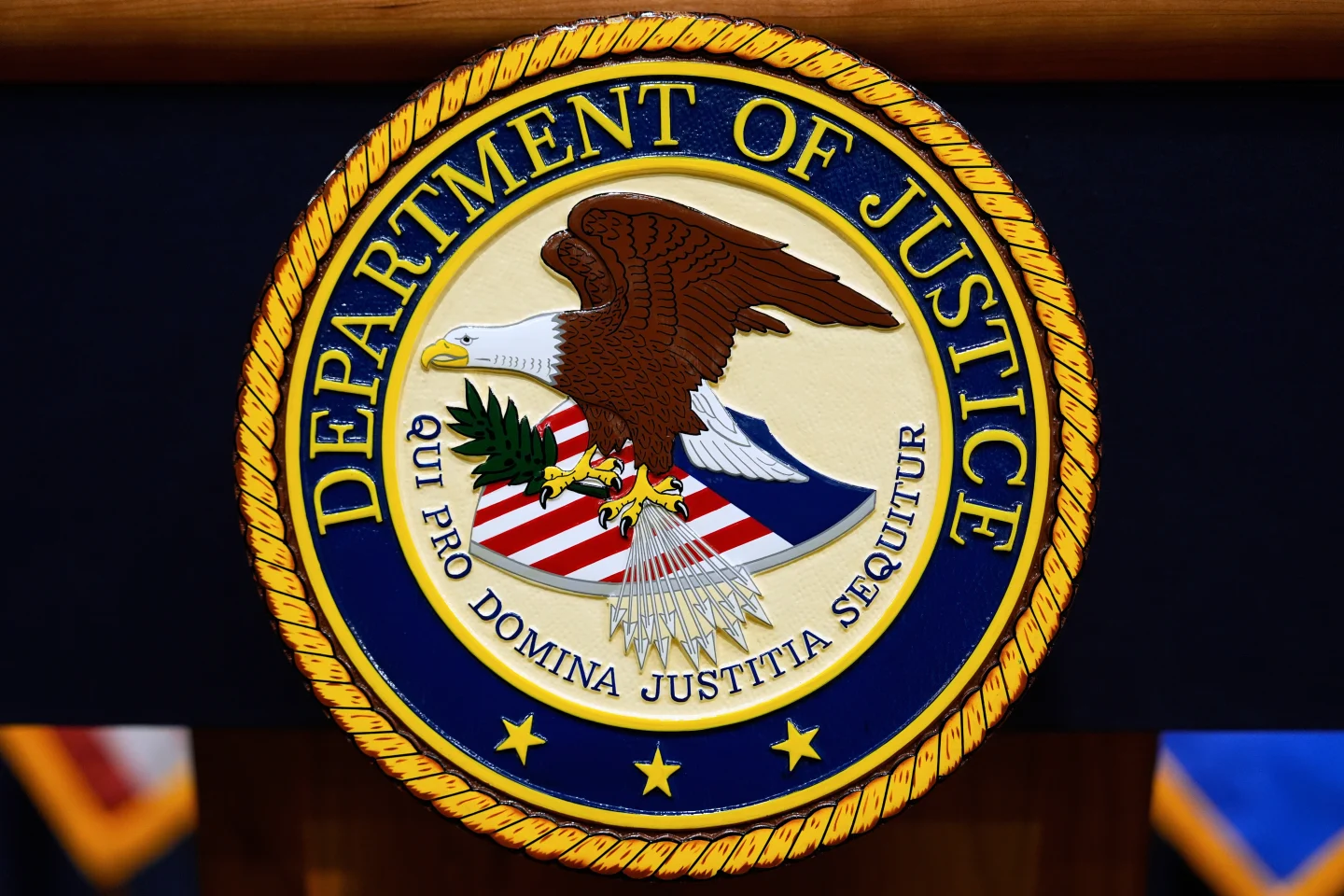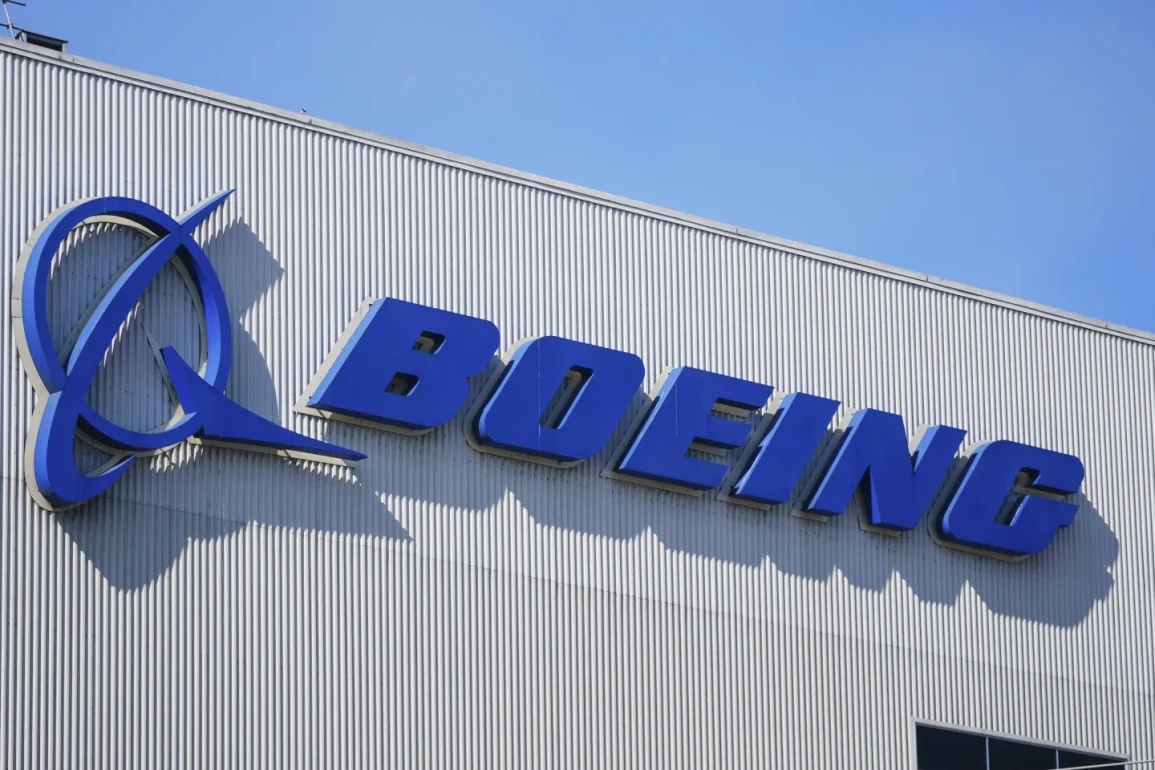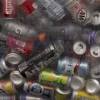The Justice Department has made a deal with Boeing that would let the company avoid a criminal trial for allegedly giving false information to U.S. regulators about the 737 Max aircraft before two of the planes crashed, killing 346 people. This information comes from court documents filed on Friday.
The deal, which still needs to be finalized, says Boeing would pay or spend over \$1.1 billion. This amount includes \$445 million more for the families of the crash victims, according to the Justice Department.
In exchange, the Justice Department has agreed to drop the fraud charge against Boeing. Experts say this means Boeing would avoid a criminal conviction that could have threatened its ability to work as a contractor for the federal government.
A Justice Department spokesperson said in a statement, “Ultimately, in applying the facts, the law, and Department policy, we are confident that this resolution is the most just outcome with practical benefits.”
They added that although nothing can undo the loss the families experienced, the deal forces Boeing to pay, gives families closure and compensation, and helps improve safety for future air travelers.
Boeing did not respond to requests for comment on Friday.
Some family members of the crash victims—whose deaths occurred in two separate crashes off the coast of Indonesia and in Ethiopia less than five months apart in 2018 and 2019—have been asking for a public trial, criminal charges against former Boeing officials, and stronger financial penalties for the company. The Justice Department mentioned that families had different opinions about the proposed agreement.
“This kind of non-prosecution deal is unprecedented and obviously wrong for the deadliest corporate crime in U.S. history,” said Paul Cassell, a lawyer representing many of the families. “My families will object and hope to convince the court to reject it.”
Javier de Luis, whose sister Graziella died in the Ethiopia crash, said the Justice Department is giving up “any pretense to seek justice for the victims of the 737Max crashes.”

He added, “The message sent by this action to companies around the country is, don’t worry about making your products safe for your customers. Even if you kill them, just pay a small fine and move on.”
Boeing was accused of giving false information to the Federal Aviation Administration (FAA) about the 737 Max before the plane was approved for flight. The company didn’t tell airlines and pilots about new software, called MCAS, which could automatically push the plane’s nose down if a sensor thought the aircraft was going to stall—even if the pilots didn’t trigger it.
Both crashes happened because a faulty sensor reading caused the plane’s nose to go down, and the pilots couldn’t stop it. After the second crash, 737 Max jets were grounded around the world. Boeing then changed the MCAS system to make it less aggressive and to use data from two sensors instead of just one.
In 2021, the Justice Department charged Boeing with misleading the FAA about the software and how much training pilots would need to fly the plane safely. At that time, the government agreed not to prosecute Boeing if the company paid a \$2.5 billion settlement, which included a \$243.6 million fine, and followed anti-fraud rules for three years.
But last year, federal prosecutors said Boeing didn’t keep its promises under that 2021 agreement. They claimed the company failed to put in place the changes needed to detect and stop violations of federal anti-fraud laws. In July, Boeing agreed to plead guilty to the felony fraud charge instead of facing a long public trial.
Then in December, U.S. District Judge Reed O’Connor in Fort Worth rejected that plea deal. The judge said the diversity, equity, and inclusion (DEI) policies in the government and at Boeing might lead to race being a factor in choosing a monitor to check if Boeing was following the agreement.
That earlier plea deal had included appointing an independent monitor to watch over Boeing’s safety and quality practices for three years. Under the agreement announced Friday, Boeing will now have to hire an “independent compliance consultant” who will give advice on how to improve further and report back to the government, according to the court documents.


